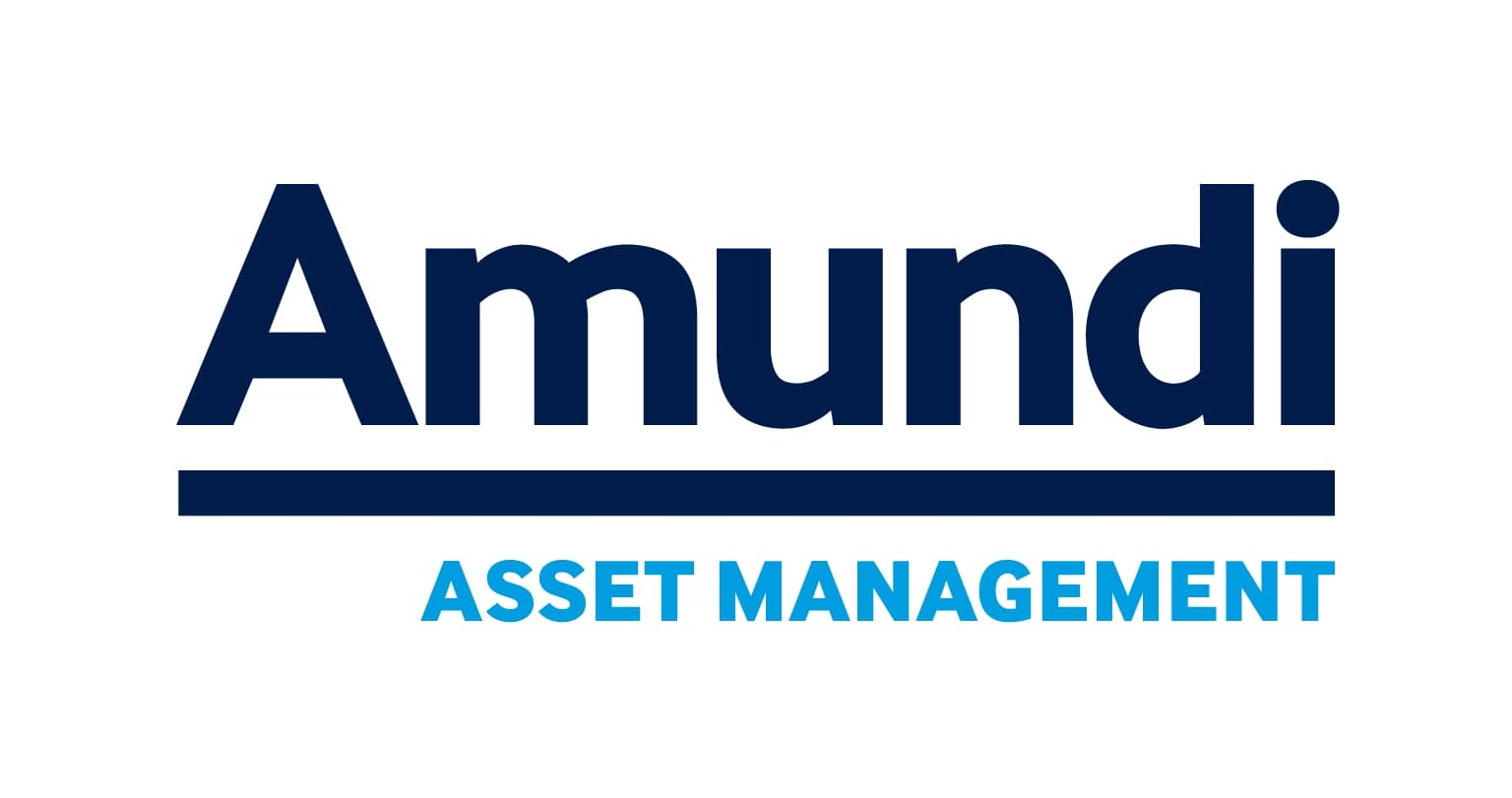China Growth Concerns and Strong Dollar Hit Commodities Commodity ETP Weekly
Highlights
- Diminishing global risks and US Dollar strength weigh on precious metals.
Oil ETPs see 10th week of inflows as investors view current price levels attractive.
Wheat ETPs record 18th consecutive week of inflows as price falls to 4-year low.
Concerns about China’s growth outlook, stagnation in Europe and easing geopolitical tensions in the Black Sea region weighed on commodity performance and drove outflows from commodity ETPs last week. Precious metals saw the largest outflows in over a year, with silver and both long and short gold ETPs seeing outflows. The trades are not all one way, however, with the price correction attracting bargain hunters into oil and wheat. Most of the factors that have hit commodity prices over the past few weeks are temporary, and present interesting opportunities for medium to long-term investors in our view. As China eases to boost growth, the US economy recovers, and years of gradually tightening capacity starts to push up inflation, we believe commodity prices – particularly those most tightly linked to the industrial cycle – should recover from current beaten down levels.
Diminishing global risks and US Dollar strength weigh on precious metals
Precious metals saw US$263mn of outflows last week, with gold (both long and short) and silver ETPs seeing the largest outflows. Disappointing economic data from China and Europe weakened demand for the industrial precious metals, with US$17mn flowing out of palladium ETPs. In our view, the price declines are excessive based on our fundamental outlook, with silver, platinum and palladium likely to benefit most if China and US growth continue to recover as we expect. Gold closed just above our estimated all-in cost of production and the widely watched support level near US$1,200/oz. While the strengthening US dollar has weighed on gold in US dollar terms, it has fared much better in Euro terms. We view the current gold price as a very attractive entry point for longer-term investors.
Oil ETPs see 10th week of inflows as investors view current price levels attractive. Oil ETPs saw the 10th consecutive week of inflows last week, bringing total inflows over the period to US$192mn, as investors view current price levels as an attractive entry point. While the International Energy Agency revised down its forecast on global oil demand for 2014 and 2015, demand is still expected to strengthen in Q3/Q4 2014 and into 2015. With OPEC expected to announce production cuts for 2015 if demand and prices remain depressed, the price of Brent and WTI can potentially rebound to US$110/bbl and US$105/bbl respectively over the next few months in our view.
Wheat ETPs record 18th consecutive week of inflows as price falls to 4-year low
The USDA recently announced that they expect production to climb to a record of 720mn metric tons in 2014. However, investors have slowly been building positions in wheat, on expectations optimistic forecasts will not be met. With wheat priced for perfect growing conditions, any small setback in weather in major producing countries or an escalation in trade restrictions could drive a price rally. Meanwhile, ETFS Sugar (SUGA) recorded US$2.2mn of inflows last week, as the price dropped to a 5-year low on expectations production will outpace demand this year.
Key events to watch this week. A relatively light week in terms of economic releases. Markit manufacturing PMIs for China, the US, and the Eurozone will likely be the focus as investors assess the pace of the global recovery after a few disappointing releases. Investors will also be watching for any possible new easing initiatives from China’s economy and policy officials.
Video Presentation
Simona Gambarini, Research Analyst at ETF Securities provides an analysis of last week’s performance, flow and trading activity in commodity exchange traded products and a look at the week ahead.
Important Information
This communication has been provided by ETF Securities (UK) Limited (”ETFS UK”) which is authorised and regulated by the United Kingdom Financial Conduct Authority.

 Nyheter4 veckor sedan
Nyheter4 veckor sedan
 Nyheter3 veckor sedan
Nyheter3 veckor sedan
 Nyheter4 veckor sedan
Nyheter4 veckor sedan
 Nyheter3 veckor sedan
Nyheter3 veckor sedan
 Nyheter3 veckor sedan
Nyheter3 veckor sedan
 Nyheter2 veckor sedan
Nyheter2 veckor sedan
 Nyheter3 veckor sedan
Nyheter3 veckor sedan
 Nyheter2 veckor sedan
Nyheter2 veckor sedan























